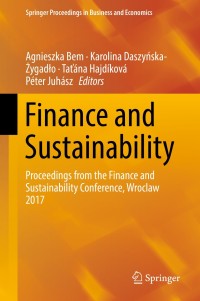Question
Hunter-Trumphy (HT), a multinational conglomerate founded in 1992, has had a storied history. Over the years, HT has diversified into various sectors such as aviation,
Hunter-Trumphy (HT), a multinational conglomerate founded in 1992, has had a storied history. Over the years, HT has diversified into various sectors such as aviation, healthcare, power, renewable energy, digital industry, additive manufacturing, and venture capital and finance. The company's consistent growth and diversified operations had made it a darling of Wall Street for several decades. A key component of its appeal was a consistent dividend policy, making it a preferred stock for income-seeking investors. However, the first two decades of the 21st century were marked by a series of challenges for HT. Its expansion into financial services through HT led to substantial exposure to the financial crisis of 2008. The company's performance was further affected by poor strategic decisions, structural problems in key segments, and a massive debt burden. These issues were reflected in the company's stock performance, which lagged significantly behind the broader market. HT's reputation as a stable dividend-paying company took its first hit in 2009 when the company cut dividends for the first time since the Great Depression. The situation came to a head in 2018 when HT was faced with a cash crunch. The company, grappling with a massive debt load and shrinking cash flows, found itself in a precarious financial situation. Faced with the dual needs to conserve cash and to invest in its core operations, the HT board took the hard decision to cut its dividend dramatically. The company's quarterly dividend, which stood at 12 cents a share, was slashed to a mere one cent per share. This move, while necessary for the company's financial health, was a blow to HT's income-dependent investors and marked a significant shift in the company's financial strategy.
Questions
a. Assuming you are a financial analyst in 2018, how would you assess HT's dividend policy leading up to the decision to cut its dividend? What factors might have led to this dramatic shift?
b. In your view, how does HT's decision to cut its dividend reflect on the company's financial flexibility? What other options could the company have explored instead of or in addition to cutting its dividend?
c. How do you expect the market to react to HT's dividend cut in the short term? What assumptions are you making in this forecast?
d. Given that HT has slashed its dividend to conserve cash, what strategic investments should the company prioritize to turnaround its financial performance and restore shareholder confidence?
e. Imagine you are a member of HT's board in 2023, and the company has managed to turn around its operations, showing consistent profits. How should the company revise its dividend policy, keeping in mind its recent history and future financial flexibility?
Step by Step Solution
There are 3 Steps involved in it
Step: 1

Get Instant Access to Expert-Tailored Solutions
See step-by-step solutions with expert insights and AI powered tools for academic success
Step: 2

Step: 3

Ace Your Homework with AI
Get the answers you need in no time with our AI-driven, step-by-step assistance
Get Started


